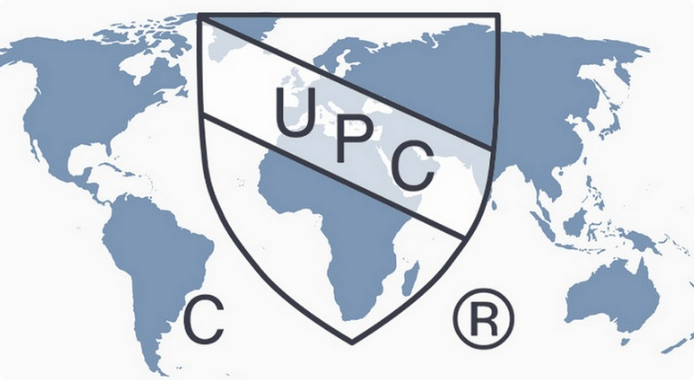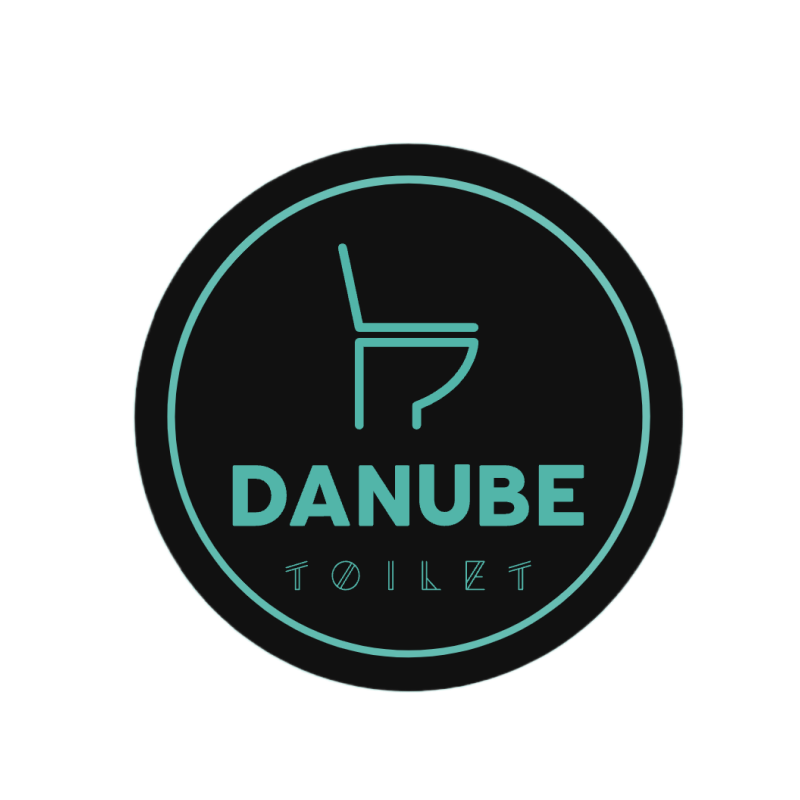When sourcing bathroom fixtures such as toilets, sinks, or even smart mirrors for North American projects, there’s a term that’s impossible to avoid: cUPC certification. But what exactly does cUPC mean, and why should it be on your radar as a buyer or project manager?

If you’re working on a construction project, hotel renovation, or a large-scale commercial building, understanding what cUPC certification is, how it impacts your product choices, and why it matters for compliance is key to ensuring a smooth process from start to finish.
What Is cUPC Certification?
Simply put, cUPC stands for Certified by the Uniform Plumbing Code. It’s a certification that confirms a product meets the plumbing standards established by both IAPMO (International Association of Plumbing and Mechanical Officials) and the Canadian Standards Association (CSA) for use in the United States and Canada.
This certification is essential for plumbing products—everything from ceramic toilets and wash basins to smart toilets and bathroom furniture—that will be installed in both residential and commercial spaces. Without it, products cannot be legally used or sold in most parts of North America.
Why Should You Care About cUPC Certification?
As a North American buyer or project manager, you may wonder: “Why is cUPC certification so important?” Here’s why:
1. Legal Compliance
In the United States and Canada, the use of non-certified plumbing products can lead to legal complications. A cUPC mark on products ensures that they comply with local building codes and plumbing regulations.
2. Avoid Costly Delays
Building inspectors won’t approve installations unless the products used have the necessary certifications. If your bathroom fixtures lack cUPC, you may face delays in your project.
3. Insurance and Warranty Protection
Certain insurance policies require that plumbing products installed in commercial or residential buildings meet specific standards. Without cUPC, you risk losing out on insurance coverage in case of product failure or damage.
4. Market Access
Many retailers, contractors, and developers will only work with suppliers whose products are cUPC certified. It’s a non-negotiable factor in sourcing quality, compliant plumbing products.
What Types of Products Need cUPC Certification?
If you’re sourcing products like bathroom sinks or ceramic toilets, the likelihood is high that cUPC certification is required. Below is a breakdown of the most common items that need this certification:
| Product Type | cUPC Certification Required? | Why It’s Important |
|---|---|---|
| Ceramic Toilets | ✅ Yes | Required for both residential and commercial installations. |
| Bathroom Sinks (Above/Below Counter) | ✅ Yes | Essential for both private and public bathroom projects. |
| Smart Toilets | ✅ Yes | If they include plumbing connections, they must meet cUPC standards. |
| Bathroom Faucets | ✅ Yes | Important for all installations, especially in hotels and offices. |
| Bathroom Mirrors | ❌ No | Typically, no certification required unless the mirror includes plumbing features. |
| Vanity Cabinets | ❌ No | These don’t require cUPC unless they’re part of the plumbing system. |
As you can see, the most plumbing-related products, including toilets, sinks, faucets, and smart toilets, need to meet cUPC standards to ensure legal compliance in North America.
How Do You Know a Product Is Truly cUPC Certified?
Now that you understand why cUPC certification is important, you might be wondering how to verify if a product actually has this certification. Here’s what you should look for:
- The cUPC Mark: Certified products will have the cUPC logo printed on them, typically visible on the product itself or its packaging.
- Check the Database: You can visit IAPMO’s official website and search for the certification number or product model to verify that a product has been certified.
- Request Documentation: Don’t hesitate to ask your supplier for the official cUPC certification documentation that includes the model number and company details. If a supplier can’t provide this, be cautious.
IAPMO Marks of Conformity are widely recognized and represent the highest degree of integrity in showing compliance with established codes and standards including:

Knowing how to verify cUPC certification will help ensure that the products you choose are compliant and ready for installation without any surprises down the road.
The cUPC Certification Process for Manufacturers
If you’re sourcing from overseas, especially from manufacturers who specialize in OEM smart toilets or custom ceramic bathroom sinks, it’s essential to understand the certification process.
Here’s a simplified breakdown of how a manufacturer gets a product cUPC certified:
- Application: The manufacturer submits the product to IAPMO or CSA for evaluation. This includes detailed product specs, drawings, and material information.
- Testing and Inspections: The product undergoes rigorous testing to meet the required plumbing and safety standards. This may include water pressure tests, durability testing, and assessments of materials used.
- Factory Audits: The certifying bodies will audit the factory where the product is made to ensure that quality control processes are in place.
- Certification Issued: If the product passes all tests and inspections, the manufacturer will receive a cUPC certification, which they must then affix to their product and packaging.
- Annual Audits: The factory is audited annually to ensure that production continues to meet the same high standards.
This process ensures that the products you’re sourcing meet all the necessary standards and will be compliant when they arrive on site.
Debunking Common cUPC Misconceptions
When dealing with certified plumbing products, there are a few common myths that can lead to confusion or costly mistakes. Let’s clear some of them up:
Myth 1: “We don’t need cUPC certification for commercial projects.”
False! Even for commercial spaces like hotels or office buildings, cUPC is often a requirement. Local authorities won’t approve installations without it.
Myth 2: “We’ll get the certification after installation.”
False! Without cUPC certification, your installation will likely fail inspection and need to be redone. Get certified products first to avoid delays.
Myth 3: “Any factory can obtain cUPC certification easily.”
False! Not every factory has the capabilities or quality control systems required to pass the certification process. Be sure to work with manufacturers who have experience with cUPC certified smart toilets and bathroom sinks.
Frequently Asked Questions (FAQ)
Q1: Do all plumbing products need cUPC certification?
No, only products involved in plumbing systems, like toilets, sinks, and faucets, require cUPC. Non-plumbing products like mirrors and cabinetry are generally exempt.
Q2: Can I source cUPC certified toilets from overseas?
Yes, but you must ensure that the manufacturer has the correct certification, and that it’s recognized in North America.
Q3: What happens if I use non-cUPC certified products?
Using uncertified products could lead to failed inspections, delays, and legal issues with your building’s compliance.
Q4: Is the cUPC process different for smart toilets?
Smart toilets must meet both plumbing and electrical standards, so their certification process includes additional testing compared to traditional toilets.
Q5: How do I ensure that I’m sourcing the right certified products?
Request certification documents from the manufacturer, verify through official channels like IAPMO, and always check that the cUPC logo is clearly displayed on the product.
Conclusion: Make Informed Decisions for Your North American Projects
Sourcing cUPC certified bathroom products may seem like a lot of work, but it’s crucial to the success of your project. Whether you’re designing a luxury hotel or renovating a multi-unit residential building, ensuring your plumbing fixtures are compliant with North American standards is essential for avoiding delays and legal issues.
At Danube, we specialize in manufacturing high-quality ceramic toilets, smart mirrors, and other bathroom products that meet the strictest cUPC standards. We offer OEM and ODM solutions for both residential and commercial projects, ensuring that our products are fully certified, durable, and ready for installation.
